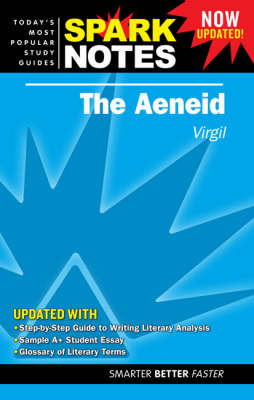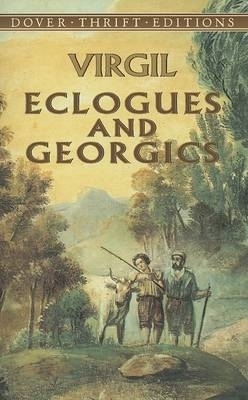Dover Thrift Editions
2 total works
"SparkNotes Literature Guides" is an invaluable series tackling some of the most important novels ever written and studied. Created by Harvard students for students everywhere, these indispensable study aids are thorough and informative. They feature explanations of key themes, motifs, and symbols, detailed analyses of major characters and important quotes, plot summaries and analysis, an exploration of historical context, plus key facts and potential essay topics - everything a student needs to be thoroughly prepared!
The Eclogues, ten short pastoral poems, were composed between approximately 42 and 39 BC, during the time of the 'Second' Triumvirate of Lepidus, Anthony, and Octavian. In them Virgil subtly blended an idealized Arcadia with contemporary history. To his Greek model - the Idylls of Theocritus - he added a strong element of Italian realism: places and people, real or disguised, and contemporary events are introduced. The Eclogues display all Virgil's art and charm and are among his most delightful achievements. Between approximately 39 and 29 BC, years of civil strife between Antony, and Octavian, Virgil was engaged upon the Georgics. Part agricultural manual, full of observations of animals and nature, they deal with the farmer's life and give it powerful allegorical meaning. These four books contain some of Virgil's finest descriptive writing and are generally held to be his greatest and most entertaining work, and C. Day Lewis's lyrical translations are classics in their own right.

